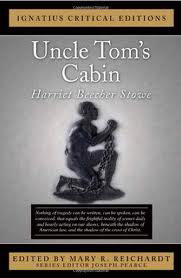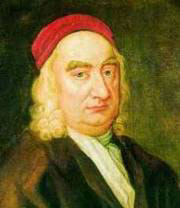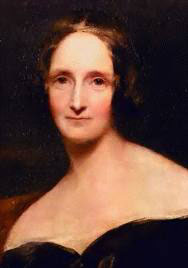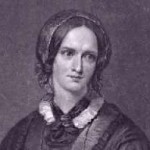Podcast: Play in new window | Download (Duration: 28:11 — 19.4MB) | Embed
Subscribe: Apple Podcasts | Spotify | Amazon Music | Android | Pandora | iHeartRadio | JioSaavn | Podchaser | Gaana | Podcast Index | Email | TuneIn | Deezer | Anghami | RSS | More

Great Works in Western Literature with Joseph Pearce – Charles Dickens
St. Pope John Paul II described Dickens’ books as “filled with love for the poor and a sense of social regeneration . . . warm with imagination and humanity”. Such true charity permeates Dickens’ novels and ultimately drives the characters either to choose regeneration or risk disintegration. In Great Expectations, Pip — symbolic of the pilgrim convert — gains both improved fortunes and a growth in wisdom, but as he acquires the latter, he must relinquish the former — ending with a wealth of profound goodness, not of worldly goods.

That the Dickensian message was a Christian one is unmistakable. Reminiscent of an Augustinian model, one of reflection, conversion, and moral improvement, Pip undergoes an internal change that manifests itself in his profound contrition for his earlier deeds and his equally profound resolution to make amends. As we travel with Pip, we find that Dickens leads us to an acceptance of worldly limitations and an anticipation of final salvation.
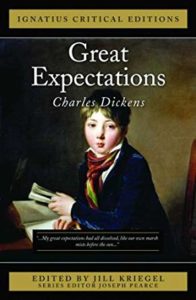 Based on the Ignatius Critical Edition, this series examines, from the Judeo-Christian perspective, the life, the times, and influence of authors of great works in literature.
Based on the Ignatius Critical Edition, this series examines, from the Judeo-Christian perspective, the life, the times, and influence of authors of great works in literature.
Joseph Pearce is currently the Writer-in-Residence and Visiting Fellow at Thomas More College of Liberal Arts in Merrimack, New Hampshire. He is also Visiting Scholar at Mount Royal Academy in Sunapee, New Hampshire. He is also Visiting Scholar at Mount Royal Academy in Sunapee, New Hampshire. He is co-editor of the Saint Austin Review (or StAR), an international review of Christian culture, literature, and ideas published in England (Family Publications) and the United States (Sapientia Press). He is also the author of many books, including literary biographies of Solzhenitsyn, J. R. R. Tolkien, C. S. Lewis, G. K. Chesterton, and Oscar Wilde.
To learn more about the authors and titles available in the Ignatius Critical Editions

 Episode 20 – Great Works in Western Literature with Joseph Pearce – G. K. Chesterton and “The Man Who Was Thursday”
Episode 20 – Great Works in Western Literature with Joseph Pearce – G. K. Chesterton and “The Man Who Was Thursday”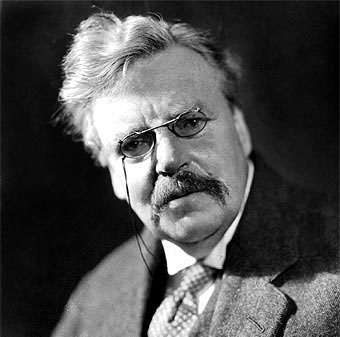 Chesterton’s own response, and riposte, to the Decadence of the 1890s can be found in his novel “The Man Who Was Thursday”. Whereas the Decadents–taking their own perverse inspiration from the dark romanticism of Byron, Shelley and Keats-had stripped the masks off reality” and discovered darkness, Chesterton stripped the masks off reality” (from the “anarchists” in his novel) and discovered light — Joseph Pearce “Ignatius Insight”
Chesterton’s own response, and riposte, to the Decadence of the 1890s can be found in his novel “The Man Who Was Thursday”. Whereas the Decadents–taking their own perverse inspiration from the dark romanticism of Byron, Shelley and Keats-had stripped the masks off reality” and discovered darkness, Chesterton stripped the masks off reality” (from the “anarchists” in his novel) and discovered light — Joseph Pearce “Ignatius Insight” 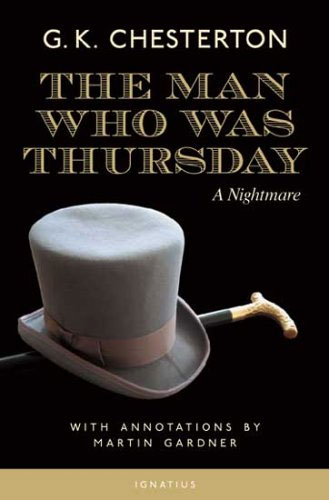
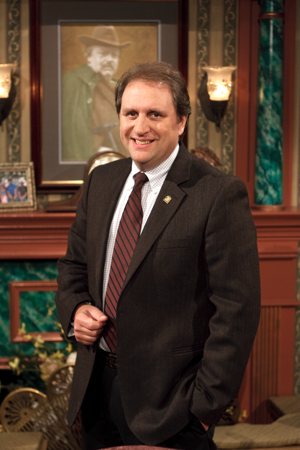
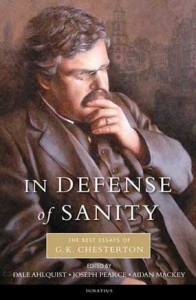 You can find the book
You can find the book 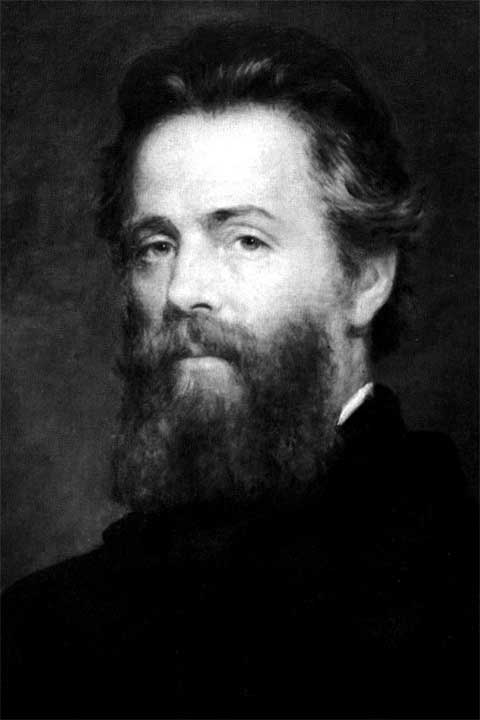 Based on the author’s experiences as a sailor, Herman Melville’s probing look into the human heart has been read and analyzed from every angle, including the most absurd. The tragic tale is looked at afresh in this Ignatius Critical Edition, which examines the background and other writings of the author and provides his essay on a work by his literary friend Nathaniel Hawthorne.
Based on the author’s experiences as a sailor, Herman Melville’s probing look into the human heart has been read and analyzed from every angle, including the most absurd. The tragic tale is looked at afresh in this Ignatius Critical Edition, which examines the background and other writings of the author and provides his essay on a work by his literary friend Nathaniel Hawthorne.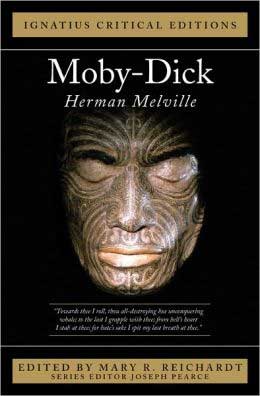 Editions
Editions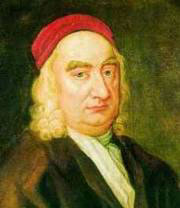
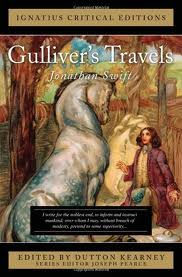 To learn more about the authors and titles available in the
To learn more about the authors and titles available in the  Shakespeare part 2
Shakespeare part 2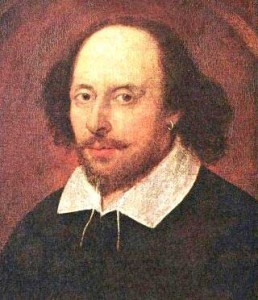 One of the most popular of Shakespeare’s plays, King Lear is also one of the most thought-provoking. The play turns on the practical ramifications of the words of Christ that we should render unto Caesar that which is Caesar’s, and unto God that which is God’s. When confronted with the demand that she should render unto Caesar that which is God’s, Cordelia chooses to “love and be silent”. As the play unfolds each of the principal characters learns wisdom through suffering.
One of the most popular of Shakespeare’s plays, King Lear is also one of the most thought-provoking. The play turns on the practical ramifications of the words of Christ that we should render unto Caesar that which is Caesar’s, and unto God that which is God’s. When confronted with the demand that she should render unto Caesar that which is God’s, Cordelia chooses to “love and be silent”. As the play unfolds each of the principal characters learns wisdom through suffering.
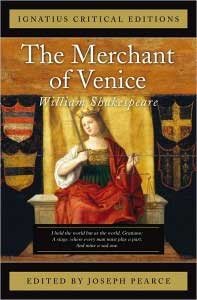
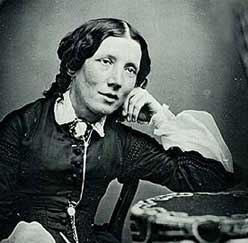 Tom’s Cabin paints pictures of three plantations, each worse than the other, where even the best plantation leaves a slave at the mercy of fate or debt. Her questions remain penetrating even today: “Can man ever be trusted with wholly irresponsible power?”
Tom’s Cabin paints pictures of three plantations, each worse than the other, where even the best plantation leaves a slave at the mercy of fate or debt. Her questions remain penetrating even today: “Can man ever be trusted with wholly irresponsible power?”